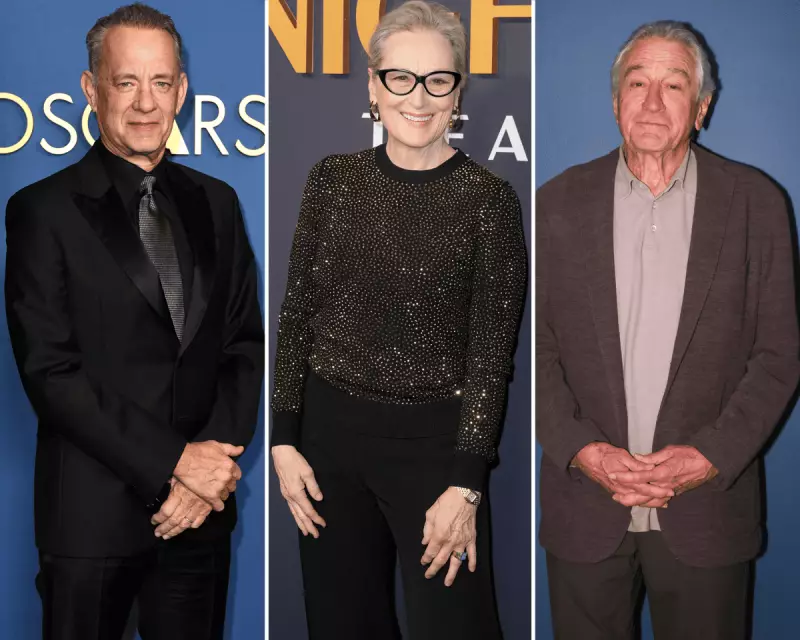
A powerful alliance of Hollywood luminaries and civil liberties advocates has launched a stinging rebuke against The Walt Disney Company, plunging the entertainment giant into a fierce controversy over free speech and corporate censorship.
The flashpoint is the recent suspension of ABC's late-night host, Jimmy Kimmel. In a strongly-worded letter obtained by media outlets, the American Civil Liberties Union (ACLU) joined forces with a roster of high-profile actors, writers, and directors to demand Kimmel's immediate reinstatement.
A Coalition of Influence
The signatories represent a significant cross-section of industry power, signalling a deep-seated concern within the creative community. While the full list remains confidential, sources describe it as including A-list actors and acclaimed writers whose work has been synonymous with Disney's own success.
The letter argues that Disney's action sets a "chilling and dangerous precedent" for artistic freedom. It contends that punishing a host for content on their personal platform, separate from their corporate duties, constitutes an overreach that could silence dissent across the industry.
The Heart of the Controversy
The dispute centres on whether a corporation like Disney has the right to discipline an employee for expressions made outside their direct professional remit. The ACLU and its Hollywood allies frame this as a fundamental issue of First Amendment rights, even within the private employment context.
"When a corporate behemoth can silence a voice because it dislikes the message, it strikes at the very heart of creative expression," the letter reportedly states. This position challenges the traditional power dynamic between massive media conglomerates and the talent they employ.
Disney's Unenviable Position
The public pressure places Disney in a difficult bind. On one hand, the company must manage its brand and shareholder interests, often requiring a cautious public stance. On the other, it relies on its relationships with the very creative figures now criticising its decision.
A failure to resolve the dispute amicably risks alienating a vital segment of the talent pool and sparking a prolonged public relations battle. The coming days will be crucial as Disney's leadership deliberates on its response to this formidable challenge.
This clash transcends a simple personnel matter, evolving into a landmark debate about the boundaries of corporate authority and the protection of free speech in modern American media.






